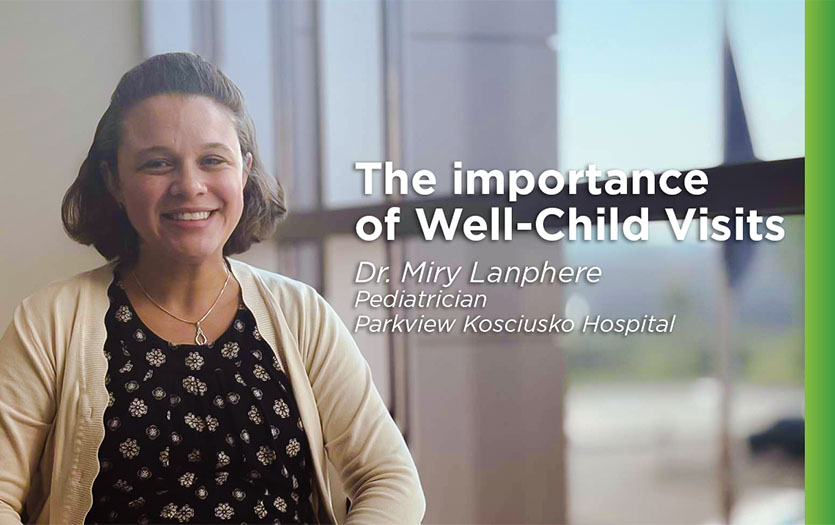
Enjoy this post from Erin Norton, director of community outreach, Parkview Women’s & Children’s Hospital.
As we prepare for Child Passenger Safety Awareness Week (September 23-30), we’re reminded of just how much has changed since the first child car seat was introduced in 1962. Half a century later, child car seats are a nonnegotiable. The days of siblings wrestling in the backseat have become distant memories for those who live to tell the tales.
Despite the fact that car seats are commonplace now, the topic continues to be one that raises a lot of questions for parents. It’s not surprising, because every car and every car seat is a little different and the recommendations change as your child grows. Thankfully, Parkview has child passenger safety technicians (CPSTs) available to help.
CPSTs are required to take a four-day Child Passenger Safety Certification course and pass an examination. They are able to conduct child safety seat checks and provide education and hands-on assistance to parents and caregivers. CPSTs stay informed about new recommendations and can provide guidance on a variety of issues such as how to check if your child’s car seat has been recalled, when to switch from rear- to forward-facing seats, and what to consider when purchasing a car seat.
Kirsten Bailey and Amber Ramsey, community health workers at Parkview Health, recently became CPSTs. Here, they share about their experience.
CPST training
What was the training experience like?
Kirsten: I had taken an eight-hour course before, but I was having trouble wrapping my head around a 32-hour course. I was surprised how much more goes into car seat safety in addition to the car seat itself. The training allowed for a lot of discussion and hands-on opportunities. It gave a lot of insight on real-life situations and how to handle them or find solutions to problems you aren’t sure how to handle.
What were some of the biggest lessons?
Amber: Child restraints must be locked always! No exceptions.
Kirsten: Always refer to the car manual before installing the car seat in the vehicle. Even if you think you know the best way to install, the car manual might tell you that there is a safer way.
Any surprises?
Amber: There were so many things that surprised me! For example, car seats have expiration dates and some seats can’t be used in airplanes because airplanes only have lap belts.
Kirsten: Seat belts and retractors! I had no idea that vehicles had different types of latch plates and retractors. Exploring those differences and how to make the installation safe was a valuable learning experience.
Find a car seat check near you
Many parents have questions about car seat installation. If you would like to speak with a CPST one-on-one and receive hands-on assistance, please call 260-373-9651 (Parkview Regional Medical Center), 877-774-8632 (Randallia), 260-248-9426 (Whitley) or 260-347-8345 (LaGrange) to make an appointment. Technicians are able to serve families in a variety of languages, including English, Spanish, Burmese and Thai.
After completing her training, Amber summed it up best: “I will not take any risks for my baby or other children to ride in my car without proper car seat installation.”



